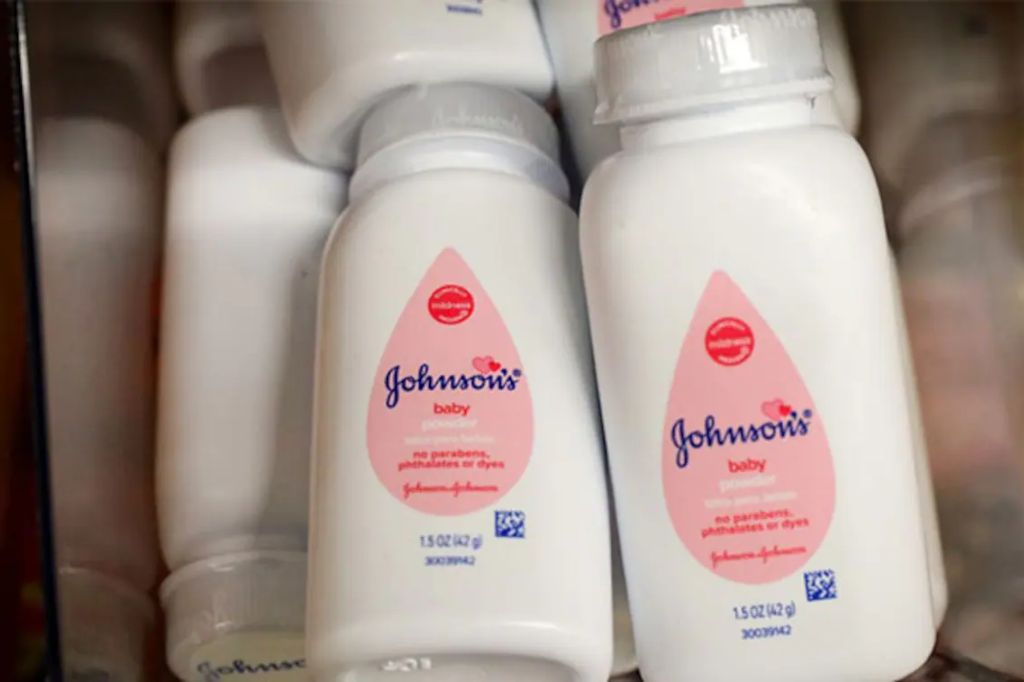A New Jersey appeals court has nullified a $223.8 million verdict against Johnson & Johnson, resulting in cancer claims from asbestos exposure in talc powder products, a significant legal development.
The Superior Court of New Jersey, Appellate Division, delivered its judgment after scrutinizing the evidence presented during the trial. The court determined that the lower court judge erred in permitting certain scientific expert testimonies presented by the plaintiffs. These testimonies were deemed to lack a solid scientific foundation, leading to the overturning of the substantial verdict.
Erik Haas, the Worldwide Vice President of Litigation for J&J, expressed relief and vindication in a public statement. He emphasized that the court’s decision “resoundingly rejects the ‘junk science’ advanced by purported ‘experts’.” Haas further reiterated the company’s long-standing stance, asserting that J&J’s talc products are entirely safe and free from asbestos.
While J&J’s representatives have been vocal about the court’s decision, the plaintiffs’ legal team has yet to comment on the recent developments.
It’s worth noting the breakdown of the initial verdict. The jury had mandated J&J to pay a staggering US$37.2 million in compensatory damages. Additionally, they were slapped with US$750 million in punitive damages. However, due to specific provisions in New Jersey state law, this punitive amount was automatically scaled down to US$186.5 million.
The appeals court’s decision to call for a fresh trial was rooted in its assessment of the trial court’s proceedings. The appellate judges expressed concerns that the trial court did not adequately fulfill its “gatekeeping role” in evaluating the scientific validity of the plaintiffs’ expert testimonies. The judges highlighted that three of these experts failed to provide a comprehensive explanation of the facts or methodologies underpinning their claims. Specifically, they did not convincingly demonstrate how the plaintiffs’ cancers could be attributed to asbestos exposure from J&J’s talc products.
Adding another layer of complexity to the case, J&J is currently embroiled in a separate lawsuit against one of these experts, Dr. Jacqueline Moline. This lawsuit pertains to a study co-authored by Dr. Moline in 2019. While this study was not a focal point in the recent appellate decision, it underscores the contentious relationship between J&J and some members of the scientific community. Dr. Moline, a veteran expert witness in over 200 talc cancer litigations, has publicly stated her belief that J&J’s lawsuit against her is a strategic move to deter scientific experts from testifying against the company.
The broader landscape of J&J’s legal challenges paints a picture of a company under siege. With over 38,000 lawsuits alleging that its talc products contain asbestos and have been linked to various cancers, J&J is navigating a legal minefield. While some plaintiffs have secured significant victories, including a landmark US$2.1 billion judgment for 22 women diagnosed with ovarian cancer, J&J has also celebrated its share of legal triumphs. Notably, they managed to overturn verdicts amounting to US$117 million and US$120 million in New Jersey and New York, respectively.
J&J’s recent endeavors to shift a bulk of talc-related claims to bankruptcy court, aiming for a proposed US$8.9 billion settlement, met with resistance and was unsuccessful. The company is currently appealing this decision.

















